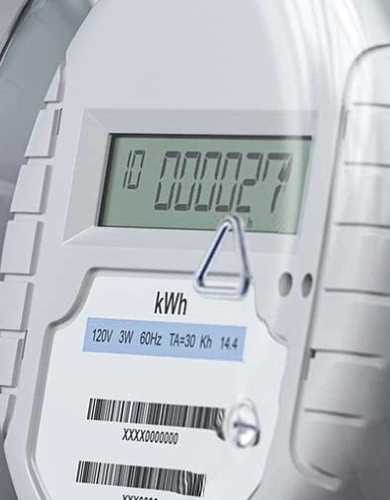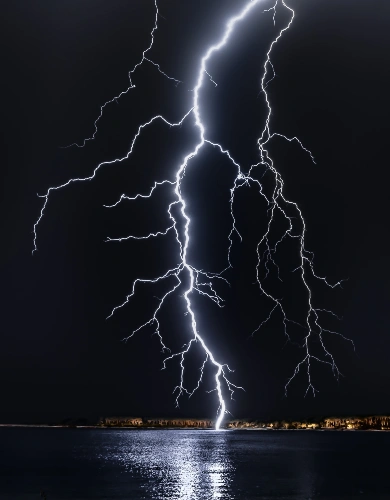 Understanding a rollover business energy contract
Understanding a rollover business energy contract A rollover business energy contract locks unwitting businesses into paying needlessly expensive electricity and gas rates. An Ofgem study found that rollover business energy contracts are typically 80% more expensive than fixed business energy tariffs by commercial energy comparison websites. This article offers a guide to understanding and avoiding rollover business energy contracts. What is…
read more Understanding Half Hourly Meters
Understanding Half Hourly Meters In Britain, businesses with a maximum power demand exceeding 100 kW (equivalent to fast charging 10 EVs or boiling 35 kettles) are required to have a half-hourly electricity meter. There are over 100,000 such half-hourly meters in operation across Britain, primarily found in energy-intensive businesses such as factories, large offices, and department stores. This guide…
read more Renewable Energy and Contracts for Difference (CfD): Driving Sustainable Development in the UK
Renewable Energy and Contracts for Difference (CfD): Driving Sustainable Development in the UK Supporting low-carbon electricity generation is key to creating a sustainable future, and the Contracts for Difference (CfD) scheme is the government’s main mechanism for supporting it. In this article, we delve deep into the Contracts for Difference scheme. We explore how it works to support a more sustainable future. What are Contracts for Difference (CfD),…
read more How do Corporate PPAs work?
How do Corporate PPAs work? Corporate Power Purchase Agreements (CPPAs) are a game-changing strategy that large businesses use to purchase electricity. This approach transforms how they power their operations and contributes to a more sustainable planet. As the UK strides towards its ambitious net-zero targets, understanding the power of Corporate PPAs is becoming critical for business energy procurement managers at…
read more How to cancel your business energy contract
How to cancel your business energy contract Most businesses pay for their electricity and gas through fixed tariffs lasting up to three years. Unfortunately, businesses can sometimes lock themselves into fixed tariffs with unfavourable rates. This is particularly true for those who agreed to fixed tariffs during the energy crisis in 2022. This article outlines the various ways to exit a business…
read more Maximum demand charges and meters
Maximum demand charges and meters Regional grid operators in Britain must continuously balance supply and demand to ensure there is always sufficient electricity to meet the needs of all homes and businesses in the area. To help manage real-time demand, grid operators use maximum demand meters and charges for properties that consume large amounts of electricity. This guide explains maximum…
read more